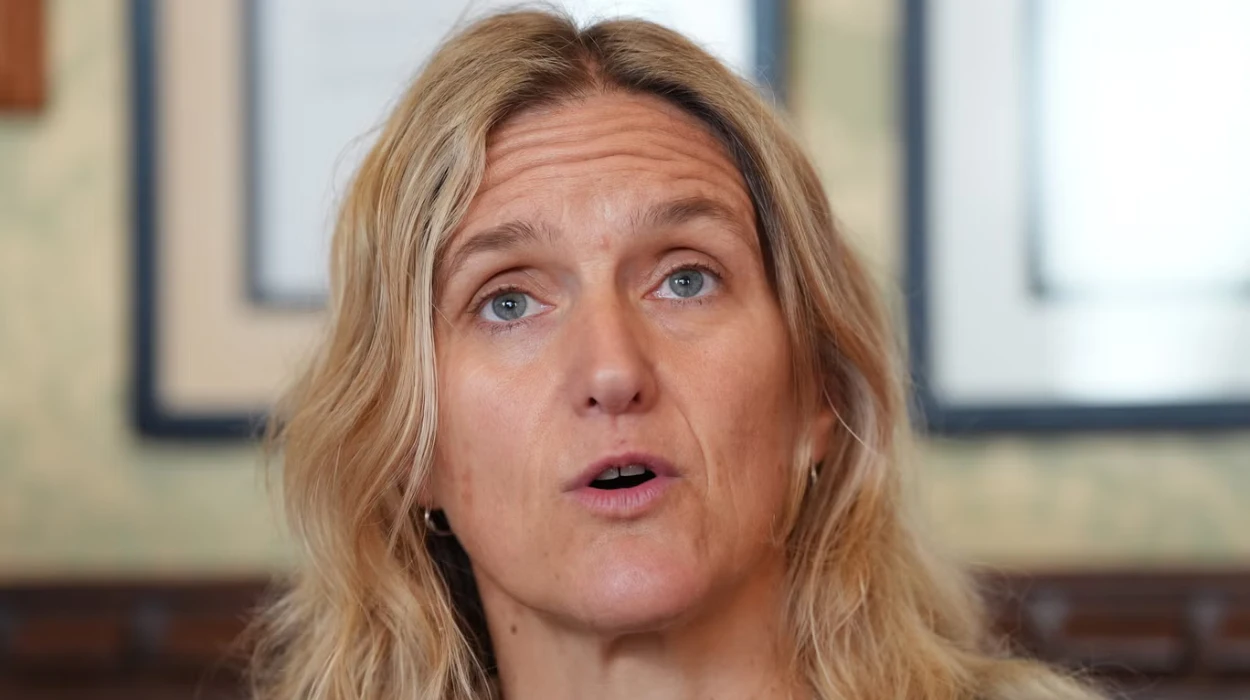UK (Parliament Politics Magazine) – A new poll shows 70% of Britons back House of Lords peers in blocking Labour MP Kim Leadbeater’s assisted dying bill, citing protection of vulnerable lives.
As reported by The Independent, the House of Lords plans to defy warnings and push to block Kim Leadbeater’s assisted dying bill.
A recent survey reveals that 70% of respondents support peers rejecting the assisted dying bill, encouraging those opposing the Commons-approved legislation.
What did the survey reveal about public support for the Lords’ blocking the assisted dying bill?
A survey of 2,071 British adults by Whitestone Insight shows public opinion on Private Members’ Bills. Seven in ten respondents believe the Lords can reject legislation that could threaten vulnerable lives.
Just 20% of participants believe peers should not block Private Members’ Bills. They maintain this stance despite potential harm to vulnerable people. It finds 45% of Britons say peers have the right to oppose the bill.
The latest survey opposes previous polls that showed a majority support for assisted dying legislation.
Lord Falconer’s views on the Lords’ role in upholding Commons’ decisions
During a BBC interview, Lord Falconer was questioned on whether the peers’ role was to “ultimately uphold something that the directly elected members of the Commons have decided to go ahead with.”
He responded, “That’s correct.”
Mr Falconer, the bill’s sponsor in the Lords, said the chamber must uphold legislation passed by the Commons.
Lord Falconer, despite his statement, has opposed or amended Commons-approved laws six times before.
Baroness Grey-Thompson’s views on the Lords rejecting the bill
Baroness Grey-Thompson, an ex-Paralympian and a disability campaigner, said,
“Despite attempts to suggest otherwise, it seems the public are aware and support the ability of the Lords to reject this Bill should we think it necessary. The Bill is not a Government Bill and did not appear in any manifesto at the last election, so the Salisbury Convention does not apply.”
She added,
“The most vulnerable in our society are entitled to our unwavering protection and the best quality care – something not provided by this Bill. If this is not possible within the confines of the Bill, we will not hesitate to say so.”
What did Lord Harper say about Lords rejecting the assisted suicide bill?
A former minister for the disabled, Conservative peer Lord Harper, said,
“It is striking that, of those who take a position, the majority of people would support the House of Lords rejecting the assisted suicide Bill should it become necessary. The constitutional duty of the House in scrutinising this poorly drafted Bill is perfectly clear.”
He added,
“If it cannot be improved sufficiently, it is our responsibility to ensure it does not become law. This is not a manifesto Government Bill, and we should not treat it as such.”
What did Luciana Berger say about NHS scrutiny and assisted dying?
Luciana Berger, a Labour peer, stated,
“The introduction of a select committee is a victory for those of us that want proper scrutiny of how these new laws would work, the massive changes they could make to the NHS and how we treat people at the end of their lives.”
She said,
“It is essential that as we look at these new laws we get a chance to hear from those government ministers and professionals that would be in charge of creating and running any new assisted dying system.”
Ms Berger added,
“Without their input we simply do not know how it would work in practice and, importantly, how we can make sure we have the safeguards and protections necessary to protect the vulnerable.”
How can Lords vote on the Private Members’ end-of-life bill?
Under the Salisbury Convention, members of the House of Lords do not typically oppose legislation included in a government’s election manifesto, respecting the democratic mandate.
The Terminally Ill Adults (End of Life) Bill is a Private Members’ Bill, giving peers the constitutional right to reject or significantly amend it.
Former Downing Street director Nikki da Costa challenged Lord Falconer’s stance, arguing that
“both the House of Commons and the House of Lords play an equal role in the passing of legislation, except when it comes to matters of financial privilege.”
Key details about the assisted dying bill approval
The Terminally Ill Adults (End of Life) Bill passed the House of Commons in June 2025. It cleared its second reading in the House of Lords in September 2025.
It is now under detailed scrutiny by a special Lords committee, which is expected to report back by 7 November 2025. The bill is sponsored by MP Kim Leadbeater in the Commons and Lord Charlie Falconer in the Lords. The Commons vote saw 314 in favour and 291 against.


